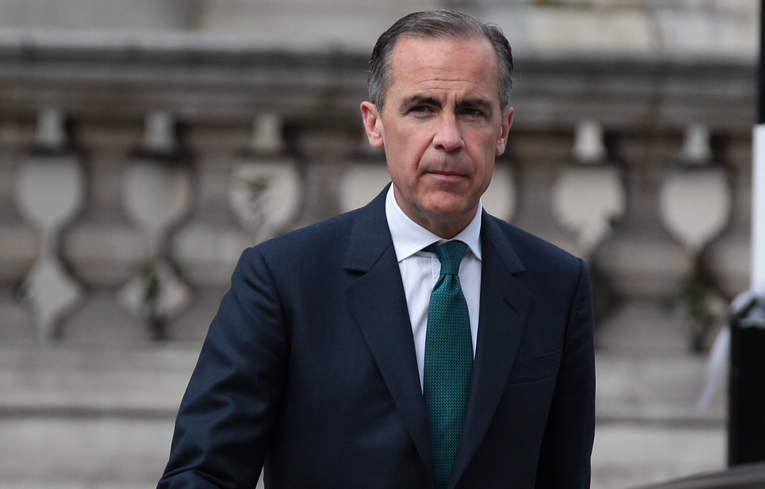
Bank of England (BoE) governor Mark Carney has warned that the Bank’s interest rates over the next year will depend on how the UK’s exit negotiations with the European Union proceed.
Carney, speaking on a panel at the World Economic Forum (WEF) in Davos, Switzerland about the state of the global economy, said that the UK economy’s ability to grow will be dependent on the outcome of the Brexit negotiations.
Today it was revealed the UK economy expanded by a better-than-expected 0.5 percent in the last three months of 2017.
Economists had expected a 0.4 percent expansion in the three months to December. However, the Office for National Statistics (ONS) said the broader picture was “slower and more uneven” growth.
The better than expected reading could mean BoE will raise interest rates sooner rather than later this year.
How well do you really know your competitors?
Access the most comprehensive Company Profiles on the market, powered by GlobalData. Save hours of research. Gain competitive edge.

Thank you!
Your download email will arrive shortly
Not ready to buy yet? Download a free sample
We are confident about the unique quality of our Company Profiles. However, we want you to make the most beneficial decision for your business, so we offer a free sample that you can download by submitting the below form
By GlobalDataEarlier this week the pound reached a new post-Brexit high of $1.42 as the City bet the Bank would raise interest rates faster than expected. Before this week another rise in interest rates was not fully priced in by financial markets until the autumn.
In November last year the BoE raised interest rates for the first time in more than 10 years, lifting the official bank rate from 0.25 percent to 0.5 percent.
At the time Carney said it is likely to rise twice more over the next three years. The move before that one was a rate cut from 0.5 percent to 0.25 in the aftermath of the UK’s Brexit vote.
Carney was joined on the panel by Haruhiko Kuroda, the governor of the Bank of Japan, Hong Kong chief executive Carrie Lam, International Monetary Fund (IMF) managing director Christine Lagarde, and Mary Callahan Erdoes, chief executive officer of JP Morgan Asset Management.
Earlier this week Lagarde’s IMF forecast improved global growth of 3.9 percent for 2018 and 2019.
That represents an upgrade of 0.2 percent for each year. It also constitutes faster expansion than previous years (3.7 percent in 2017; 3.2 percent in 2016).
The IMF said the recent pick-up has been broadly spread over Europe and Asia with tax reforms in the US expected to stimulate economic activity, especially business investment.
Lagarde said that we should credit the policies implemented by central banks for this uptick in global growth.
She warned however that US tax reform will be positive in the short term but might lead to serious risks. She also pointed to excessive inequalities around the world and the lack of international co-operation as potentially derailing the growth forecasts.
Earlier today Carney said Brexit has cost the economy “tens of billions” of pounds but the UK can “consciously recouple” with a soaring global economy this year.
The Canadian said the short-term dip for the UK — driven by Brexit uncertainty — meant the economy would be around two percentage points lower than anticipated before the referendum.
Speaking to BBC’s Today in Davos, he said:
What it works out to is tens of billions of pounds in lower economic activity. The question is how do we make that up over time — the answer is by growing above potential.







